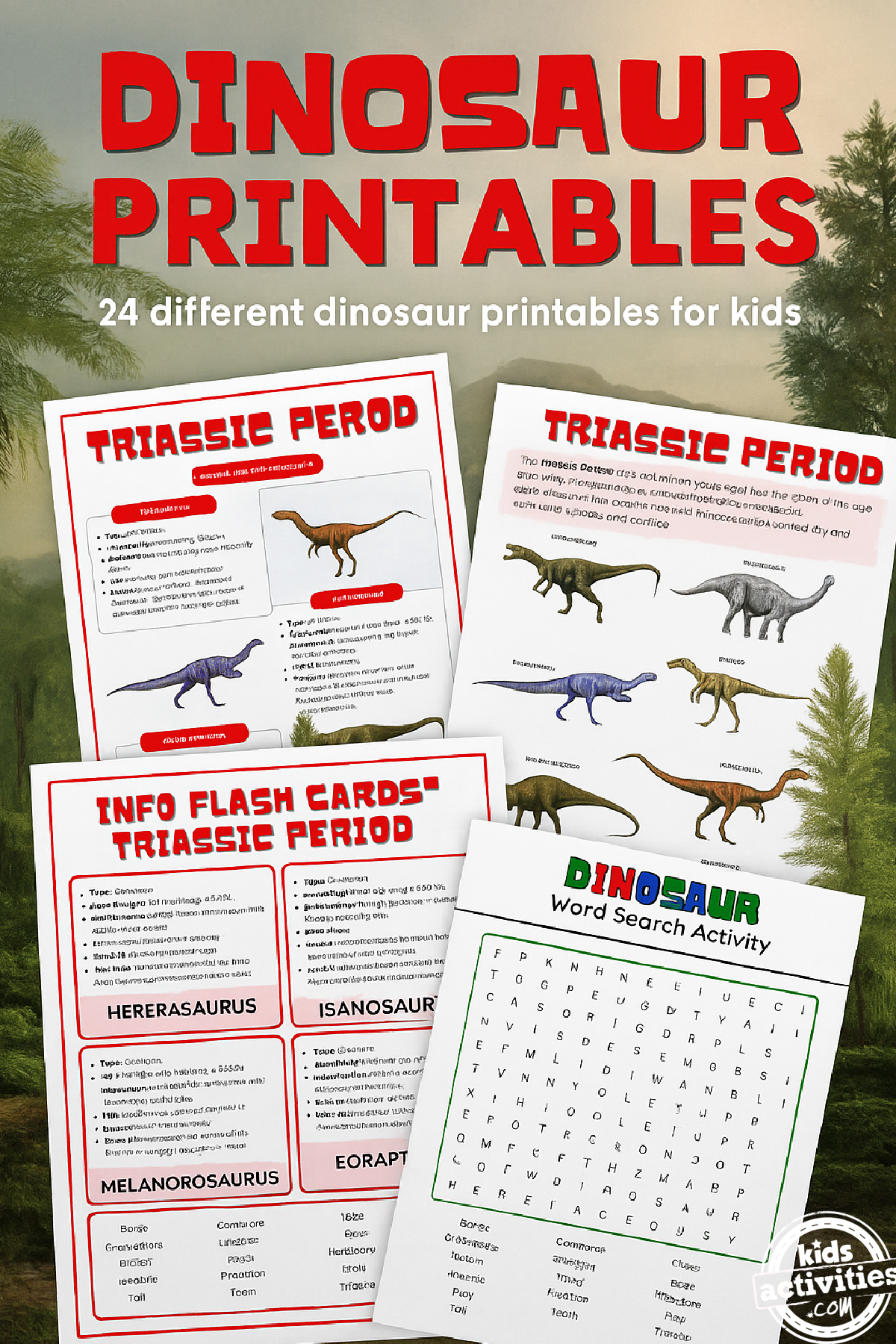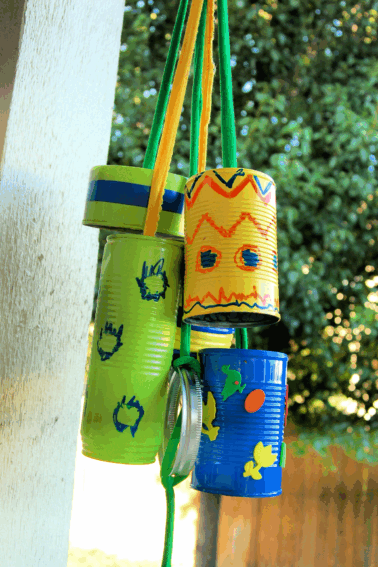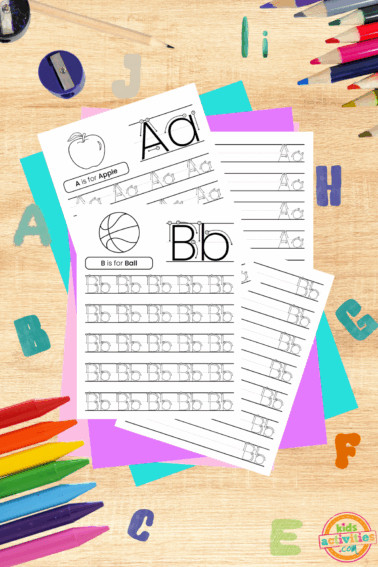Did you know that a new education law (passed in 2007 and now in implementation) mandates that Bible literacy be taught to our school children?
What does that mean?
 First we can look at what it does not mean. Teaching Bible literacy does not mean:
First we can look at what it does not mean. Teaching Bible literacy does not mean:
- teachers, schools, and districts now have a green light to teach religion in public schools which would go against the Constitution (separation of church and state and all that!). The distinction is difficult to define, but it is important. Schools and classrooms are not the forum to dive into the teachings within the Bible. This is not a green light to preach to our children. It is an opportunity to look at the value of the Bible as an historic piece of literature.
- schools are not required to teach other world religions to give context or comparisons to the Bible. The Koran is equally historically relevant as a piece of literature, for example. (I think an elective on World Religions would be an appropriate means to tackle this Hot Button Issue. We had a Humanities class in high school that did just this.)
So what does teaching the Bible in a public school really mean, then?
First and foremost, it's an attempt to look at the historical value of the Bible as a work of literature. This is a nonreligious approach, however, that has been proven to be difficult in practice. Teaching the Bible should be an endeavor which most districts should navigate slowly and carefully. The gray areas are immense. The state of Texas did not provide curriculum guidelines or teacher training to support the new law. No monies have been allocated. Dallas ISD won't offer an elective in the Bible, nor will McKinney ISD.
Other districts like Irving ISD will incorporate literary elements from the Bible into their current teaching and curriculum. They are being safe and not risking breeching the separation of church and state. Districts that go forth with an elective class should take care to tow the constitutional line in order to avoid opening themselves up for litigation.
This will be difficult. In an
article by MSN states that specific guidelines haven't been drawn by the state in order to avoid constitutional issues: afore mentioned separation of church and state. When no training is given and a course on the Bible is taught, it will be almost impossible to keep the instructor's personal experiences or beliefs out of the teaching. The MSN article goes on to quote Southern Methodist University associate professor in Religious Studies, Mark Chancey. Classes which study the Bible, he says, often promote creation science. Some classes denigrate Judaism. Some classes explicitly encourage students to convert to Christianity or to adopt Christian devotional practices. When there are teachers who say things like: I cannot preach to you, but if I could, I ™d say… and then go on to preach, the shades of gray become murky.
Bible literacy in public schools. It is a Hot Topic to watch closely and as parents we do need to keep ourselves informed about what’s going on in our schools. What do you think about this new Texas legislation?
I’m really curious about public opinion!
Visit
Parent Advocates for Argyle Schools for more Hot Button Educational Topics
 First we can look at what it does not mean. Teaching Bible literacy does not mean:
First we can look at what it does not mean. Teaching Bible literacy does not mean:





















Thanks for your thoughtful comments, Alycia! I love the idea of teaching the Bible, as well as other religions, in schools from an historical and literary viewpoint. In my opinion, we all (adults and children alike) should have world views and experiences, including religion and what and how people practice their faith.
My interpretation of separation of church and state definitely goes both ways. To keep the government (of which education is part) secular, and to allow people the freedom to practice their religion the way they want to, without influence or requirements instituted by government (like countries that declare a national religion and implement it in schools). I am wary of the fine line that can be crossed when a course requirement is instituted without curriculum that defines or guides the teaching to meet the needs of all students. In my town, though, so far, so good!
The Bible as a literary piece is incredible. It includes almost every literary genre and has a theme that is woven throughout the entire collection of books, which were written over many generations. It has been printed more than any other book in history and has historically accurate information. You are correct to say that it will be very difficult for teachers to keep religion out of a class about the Bible because of the most important aspect of the Bible…it is TRUTH. The Bible is powerful and many people who read it end to end become believers. I am glad the state is encouraging or even requiring that the Bible is taught. Many people may not agree with or believe in the Bible, but many believers in the Bible do not agree with or believe most of what is taught in our science classes and yet our children, if in Public school, are required to learn. So why not let people read the Bible, learn how it was written and the impact it has had on the world. Why not have the Freedom to teach our children holistically, including all things. You mention that schools are not required to teach about other religions or about other books…however, they are already doing so without being required to…so let the Bible be taught as literature…let our students have their minds broadened and be allowed to make their own decisions.
Also, the idea that teaching the Bible as literature goes against church and state is one more way people mis-understand that concept. The concept of separation of church and state was to keep a church from controlling the state…bringing the Bible into public schools is not giving a church control of the government. Our democracy is way too strong to ever allow that to happen.
That’s great! I love the stories in the Bible, and the history, so when it’s taught well in school, that’s so awesome.
I had the BEST Biblical Literature teacher at Carmel High School in Indiana. He was able to teach our class using historical data and literature while leaving out a “religious” feel to the class. This was a PUBLIC school! It was the best class I EVER took in high school, and in fact was better than my three and a half years of religion based Early Morning Seminary which high school Latter-day Saints are expected to take.